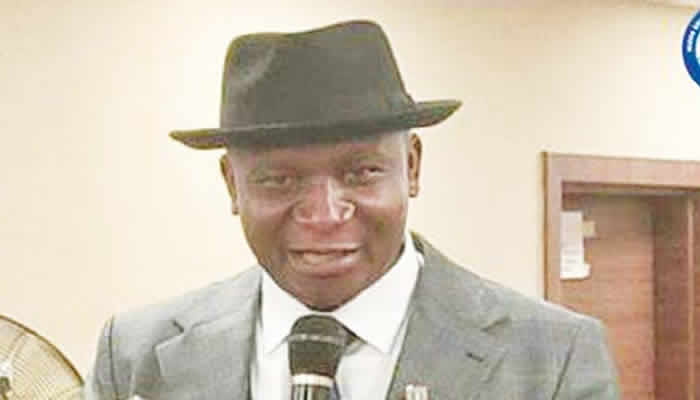The Niger Delta Development Commission has said it will ensure that it eliminated the era of abandoned projects in the region.
This is as the commission said that all legacy and people-oriented projects, irrespective of who started them or when they were started, as long as the interventionist agency initiated the project, would be completed for the good of the people.
Managing Director of the NDDC, Dr. Samuel Ogbuku, stated this during a capacity building and sensitization programme on due process compliance and anti-corruption standard in Port Harcourt.
Dr Ogbuku said the current board of the commission is determined to move the NDDC from transactional to transformational, with zero tolerance for corruption.
Represented by the Executive Director of Projects, Victor Antai, he noted that the commission would not discriminate against any project in completing it, irrespective of when it was started.
Dr Ogbuku stated, “For all I know, government is a continuum, where everybody has performed within the ambit of his or her capabilities.
“We came in, we inherited a government and we are going to complete all legacy projects in the region, irrespective of who initiated the project.
“It is imperative that under Samuel Ogbuku’s regime, he has decided that irrespective of who initiated the project, so far as the project has a direct bearing on the betterment of the people of Niger Delta, he would complete them.
“With that, we can have more projects commissioned. With this, we can have more projects completed. With that, we will eliminate project abandonment.
“That is the regime of Dr Samuel Ogbuku, who is poised to right the wrongs of the Niger Delta. He is committed to moving this region forward.”
Antai added, “Every agency of government has its objectives of establishment. The objective of the establishment of the ICPC is what we want to tap into, their experience and wealth of knowledge, to lead our people right to avoid the mistakes of yesterday.”
Acting NDDC Director of Dispute and Conflict Resolution, Godwin Ogedegbe said the training was imperative in equipping NDDC staff with the requisite knowledge in collaborating with anti-graft agencies to collective actions, which are aimed at confronting bribery and corruption in the discharge of their duties.
He stated, “We are working in synergy with the anti-graft agencies, the ICPC, and the Code of Conduct Bureau, they are here to lecture us and teach us what is expected of us as staff.
“So when we are carrying out our duties in the office we will not be found culpable. We are expected to follow the rules, this includes the ICPC Act, the CCB, and the EFCC Acts.
“When we are working, we need to apply these laws so we will not violate any of the laws. We need to apply these laws so we will not get involved in any sharp practices so we will not be invited to answer questions.
“When accountability is not there. When there is a lack of transparency what will happen is conflict and we don’t want conflict in NDDC. If every government agency and parastatal, is doing this project like the NDDC MD is doing, staff will not foul of the law against what they are not supposed to do.”
Earlier, the Secretary of the Independent Corrupt Practice Commission, Clifford Oparaodu, in his welcome address, advocated that more agencies partner and synergize with anti-graft agencies to engender transparency and accountability in the country.
He said, “Eliminating corruption and other related practices from our dear country will be a lot easier if more ministries and agencies like you are involved in the anti-corruption campaign. People will be courageous to demand accountability from their leaders and the resultant effects will be improvement of service delivery and efficiency.
Oparaodu added, “An inefficient system is a fertile ground for opportunities for corrupt practices to germinate and grow unchecked. The public is entitled and should be able to access qualitative public service without much trouble. This way much leeway for corruption will be eliminated.
“Many Nigerians share the common belief that corruption is the biggest challenge in the nation’s quest for development since independence; the available statistics support this position.
“A lot of efforts have been made in the past in just stating the problem without any sustained efforts towards addressing or eliminating the problems.
“We all must reverse this situation. I hope after this programme today, most of the ideas and suggestions put forward by various distinguished speakers will be readily implemented by all present here in various capacities and offices.
“If this is done the purpose for gathering here would have been achieved.
“I would like to end this short address by calling on all to shun corrupt practices, avoid the culture of impunity, and embrace integrity.”
